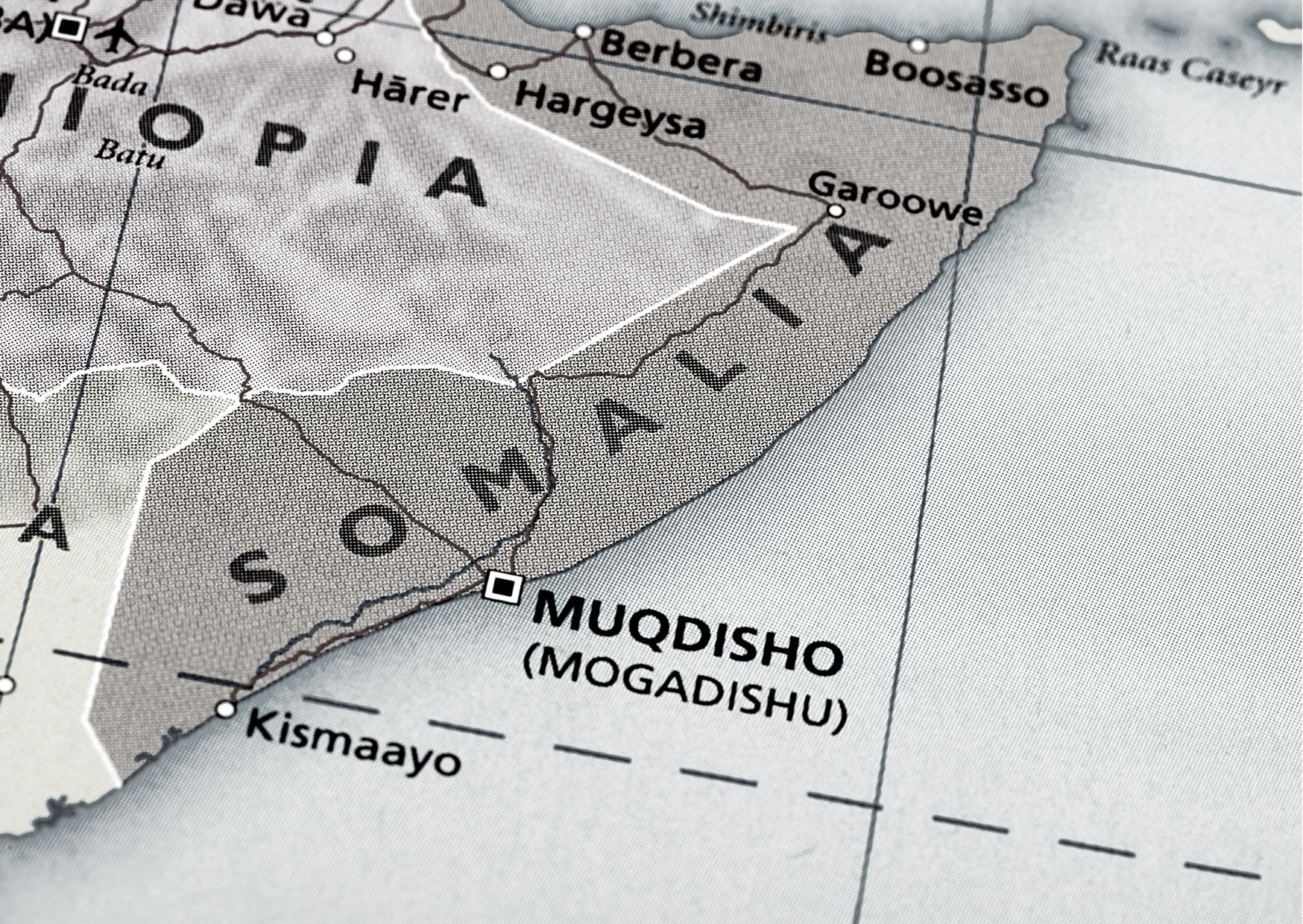The ratification of the Maritime Security and Economic Development Treaty between Somalia and Turkey heralds a pivotal moment in the tumultuous history of the Horn of Africa.
This decade-long accord emerges as a stabilizing force in a region marred by civil unrest, terrorism, and political volatility. Its significance extends beyond local boundaries, promising positive outcomes for both regional and international stakeholders.
Primarily, the treaty represents a significant step in addressing Somalia's political fragmentation and the threat of balkanization. By fostering collaboration on maritime security and economic development, it tackles the root causes of instability. This partnership model between Somalia and Turkey sets a precedent for regional cooperation, emphasizing the benefits of diplomatic and economic alliances over divisive politics.Additionally, the treaty acts as a deterrent against maritime illicit activities like piracy and terrorism, safeguarding vital shipping lanes. The commitment to enhancing Somalia's naval capabilities ensures the security of international maritime routes, benefiting not only Somalia but also global trade stakeholders.
Environmental concerns are also addressed, with measures to curb illegal fishing and protect marine ecosystems, highlighting the importance of sustainable environmental stewardship for regional stability. Geopolitically, the treaty signals a shift towards diplomacy in resolving territorial and maritime disputes, evident in its response to the illegal MOU between Ethiopia and Somaliland. It provides a foundation for international organisations to promote conflict resolution and development strategies in the region.
Furthermore, the treaty enhances global security dynamics, particularly for the United States, by contributing to a more stable Somalia and securing maritime routes, thereby allowing for a reallocation of resources to other global challenges.

In essence, the Somalia-Turkey Maritime Security and Economic Development Treaty represents a landmark achievement with profound implications. It embodies the power of diplomatic engagement and sets a hopeful precedent for regional cooperation amidst adversity. As the Horn of Africa navigates its challenges, this treaty serves as a guiding light towards a more stable and prosperous future.
Source: Modern Diplomacy





